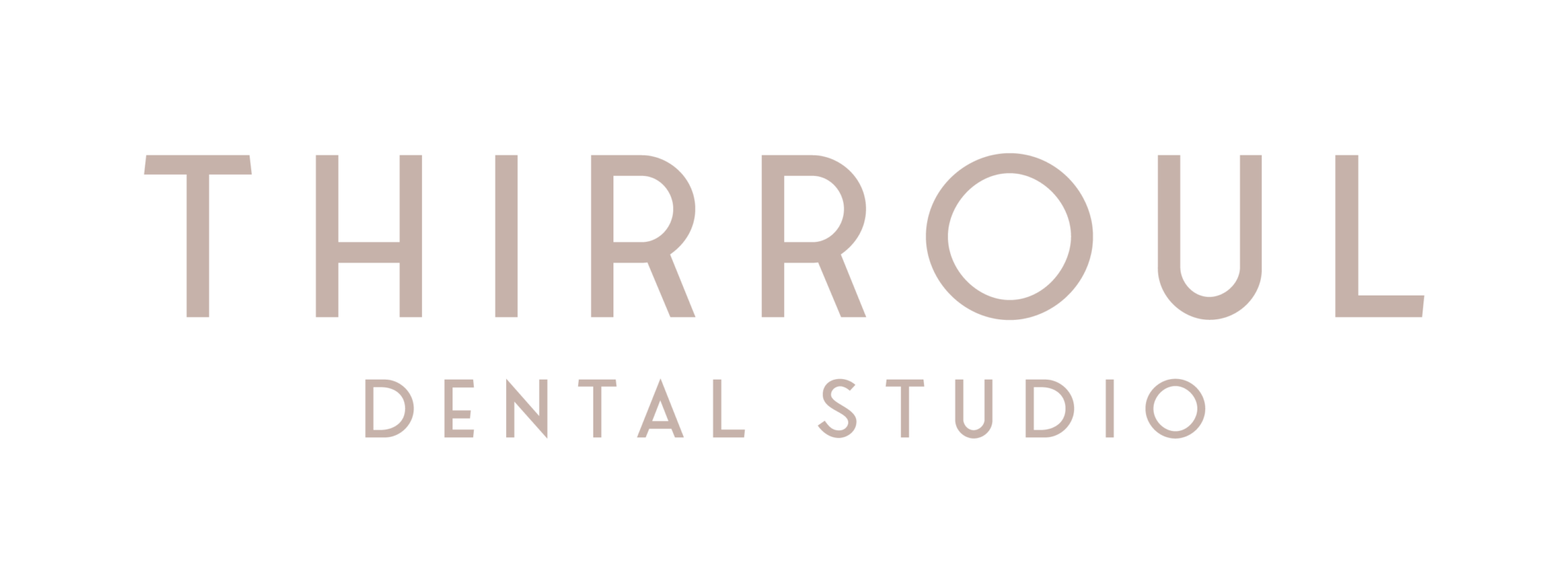Wisdom teeth are the rear molars that erupt sometime around the late teens or early 20s. These teeth can sometimes cause overcrowding, or can impact into the gum or neighbouring teeth. Impaction is where the wisdom tooth erupts at an angle which causes it to butt against the next-door tooth (hard impaction) or the gum (soft impaction). A wisdom tooth that grows on an angle can’t contribute to chewing, which makes it useless and at times painful. It is often recommended that problematic wisdom teeth be removed. X-rays taken while the teeth are still erupting can show whether or not they will cause difficulties.
In some cases, there may not be enough room in the jaw for the erupting wisdom teeth. This may stall their eruption (soft impaction), and make brushing and flossing these teeth difficult. Food and bacteria often become trapped between the wisdom tooth and its neighbouring molar tooth, which may cause tooth decay and gum infections.
When it comes to dental procedures, tooth extraction — or having teeth "pulled" — is among patients' most dreaded prospects. Also referred to as exodontia, tooth extraction involves removing a tooth from its socket in the jaw bone. Before your dentist considers extraction, every effort will be made to try to repair and restore your tooth. However, sometimes a tooth extraction is necessary.
There are different reasons for extracting a tooth.
Severe Tooth Damage/Trauma
Some teeth have such extensive decay and damage (broken or cracked) that repair is not possible. For example, teeth affected by advanced gum (periodontal) disease may need to be pulled. As gum disease worsens, the tooth — supported by less surrounding bone — often loosens to such an extent that tooth extraction is the only solution.
Malpositioned/ Non-functioning Teeth
To avoid possible complications that may result in an eventual, negative impact on oral health, your dentist may recommend removing teeth that are malaligned and/or essentially useless (teeth that have no opposing teeth to bite against).
Orthodontic Treatment
Orthodontic treatment, such as braces, may require tooth extraction to make needed space for improved teeth alignment.
Crowded Wisdom Teeth
Crowded wisdom teeth in the upper jaw have a tendency to lean sideways and grate against the cheek. This may cause ulcers on the cheek and chewing problems. The pressure from wisdom teeth may also force the other teeth closer together and interfere with a person’s bite.
Wisdom teeth don’t usually cause any pain until the damage has already been done. Therefore extractions are best performed sooner rather than later. The roots of wisdom teeth in a teenager are still forming which makes extraction easier. The procedure may be more complicated if a person waits until later in life, when the roots of these molars are completely formed. However, whether your wisdom teeth should be removed is best consulted with experienced dental professionals. For some, the different options of anaesthesia may also need to be discussed in depth prior to treatemnt commencement to ensure the optimised treatment comfort.




